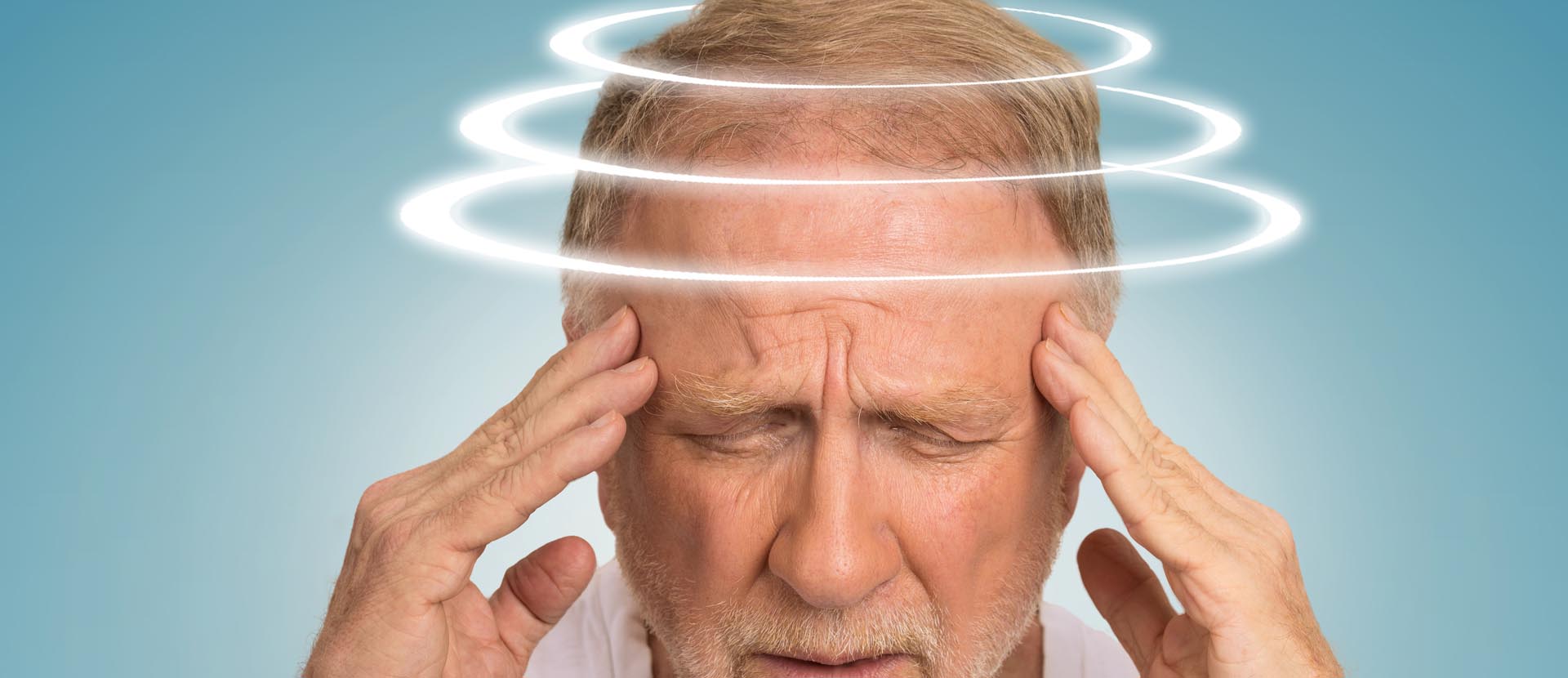Vertigo and Dizziness are some of the most common complaints seen by primary health care professionals. Vertigo is the sensation of the world spinning around; dizziness is the sensation of being off-balanced and “light headed”. While some of the reasons for such symptoms certainly do require medical treatment, some common conditions such as Benign Paroxysmal Positional Vertigo (BPPV) can greatly benefit from physiotherapy intervention.
Benign Paroxysmal Positional Vertigo (BPPV)
BPPV is the most common type of vertigo and is a disorder of the inner ear (vestibular system), which results from calcium crystals (called otoconia) displacement from their usual location in the vestibular system, consisting of the utricle, saccule, and three semicircular canals.
BPPV occurs when the tiny calcium crystals migrate into one or more semicircular canals of the inner ear where they are not supposed to be. When the head moves into a certain position, the crystals move and trigger nerves in the semicircular canal – this can cause the sensation of vertigo, nausea and involuntary eye movements (nystagmus).
There are multiple causes for the crystals to be displaced but more often than not, it tends to be spontaneous. Other causes can include trauma (falls, hit to the head, whiplash), age and degenerative change.
Patients will complain of vertigo being provoked by certain movements including: head movements, changing positions (such as sitting up from lying position), looking up or down, lying down too quickly, or turning over in bed. The vertigo will be very strong, but will usually go away in less than 60 second.
BPPV can be assessed and treated by a trained physiotherapist using a few clinical tests and specific maneuvers. Physiotherapist assessment of BPPV will include history taking, screening questions and clinical tests to confirm the diagnosis and rule out different neurological lesion. Based on the findings, the physiotherapist will perform certain specific maneuver to reposition the crystals back into their proper place. Among those techniques, the Epley Maneuver can be extremely effective with most patients, only requiring one or two treatments. The treatment is pain free and typically takes about 10 minutes. This treatment has a reported success rate of between 80% -94% with various studies. However, the key to successful treatment and full remission of vertigo is an accurate diagnosis. Exercise program may be given to do at home as well.
Vestibular Rehabilitation
Vestibular rehabilitation is an exercise-based program to encourage the central nervous system to compensate for problems in the inner ear (vestibular system).
It is critical that patients entering a vestibular rehabilitation program have a confirmed diagnosis of vestibular pathology because not all dizziness is caused by vestibular deficits.
Vestibular rehabilitation program can help with a variety of vestibular problems (inner ear) such as BPPV and unilateral or bilateral vestibular hypofunction (reduced inner ear function on one or both sides) associated with diagnosis such as Vestibular Neuritis, labyrinthitis, Meniere’s disease and degeneration.
Patients who report any or all of the following symptoms as a result of a vestibular disorder may benefit from vestibular rehabilitation:
- Dizziness
- Unsteadiness
- Vertigo
- Balance problem
- Motion sensitivity (quick head motions that provoke dizziness)
- Problems with gaze stability (blurring of vision with head movement)
The physiotherapist will perform an assessment and determine the exercises that will benefit you the most. The exercise program may include gaze stabilization exercises, habituation exercises (motion sensitivity reduction), static and dynamic balance exercises, and functional training.
The Facts
Based on the recent studies (quoted from The College of Physiotherapists of Alberta), significant improvement is achieved in:
- 80% of patients with unilateral vestibular loss
- 80 – 94% of patients with BPPV after one treatment session
- Patients with a central cause (for example: stroke) may show some improvement
- Use of vestibular rehabilitation in concussion, migraine, and nonspecific balance loss of the elderly may be helpful
If vertigo or dizziness is affected you, please call our clinic to get an assessment. We can help! 403-272-9628
*Please be aware that you may not be able to drive after your initial treatment*

